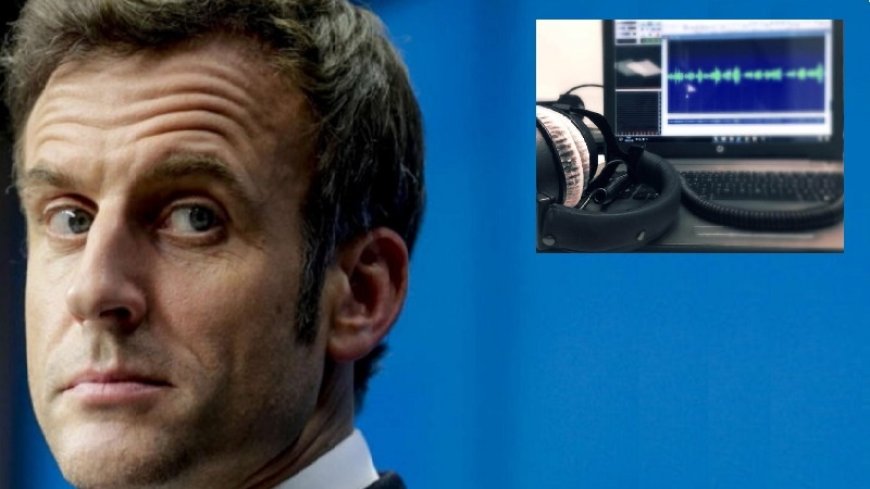France passes law on remote surveillance: police spy on citizens
France passes law on remote surveillance: police spy on citizens

The law, voted on Wednesday 5 July at the Assemblée Nationale, has raised concerns among civil rights defenders, who consider it a fairly authoritarian statute.
Under the guise of fighting crime, French lawmakers have agreed to a justice reform bill that includes a clause giving police the power to obtain the geolocation of suspects via phones and other devices.
According to Le Monde, lawmakers have given French police permission to spy on suspected suspects by remotely activating the camera, microphone and GPS of their phones and other devices.
Part of a larger judicial reform bill, the media have pointed out that the espionage permit has been attacked by supporters of both the left and the right as an "authoritative mandate of eavesdroppers", even though Justice Minister Éric Dupond- Moretti insists that this would only affect "dozens of cases a year".
The provision would allow the geolocation of suspects of crimes punishable by at least five years in prison and would concern devices such as laptops, cars and other objects connected to the network such as telephones.
According to the article, a French digital rights group called La Quadrature du Net (The Square of the Net) said in a statement that the provisions "raise serious concerns over violations of fundamental freedoms" such as the " right to security, right to privacy and private correspondence" and "the right to come and go freely".
During another debate Wednesday, MPs from President Emmanuel Macron's rank and file inserted an amendment limiting the use of remote espionage "when justified by the nature and seriousness of the crime" and "for a strictly proportionate duration". However, any use of the device must be approved by a judge and the total duration of surveillance cannot exceed six months and sensitive professions, including doctors, journalists, lawyers, judges and parliamentarians would not be legitimate targets.
"We are a long way from the totalitarianism of 1984" described in George Orwell's novel about a fully supervised society, Dupond-Moretti said. "People's lives will be saved" by the law, he added.
Also according to the media, despite being contested, the provision voted by the French National Assembly is only part of the broader project to reform the judicial system, which also contains several other devices.
The disputed measure is part of a broader justice review bill currently making its way through the French parliament. Despite the debate and concerns expressed, its approval marks a significant shift in surveillance and the balance between security and privacy in France.
While supporters of the law say it's a necessary step to tackle crime and protect society, critics raise questions about the potential abuse of power and threat to individual privacy. The inclusion of connected devices such as laptops and cars raises further concerns about the scope of remote surveillance.
The introduction of the amendment limiting the use of remote surveillance only to justified cases and with the approval of a judge is an attempt to mitigate some of the concerns raised. However, it remains to be seen how the law will actually be enforced and whether such safeguards will suffice to protect individual freedoms.
La Quadrature du Net and other digital rights organizations will continue to closely monitor the implementation of the law and defend the fundamental freedoms of citizens. The discussion of remote surveillance, security and privacy will undoubtedly remain a hot topic of debate both in France and internationally.
Despite the concerns and criticisms, the remote surveillance law represents a significant turning point in the context of French justice. It will be crucial to observe how this measure will affect the justice system and whether there will be abuses or restrictions on individual freedoms.













































